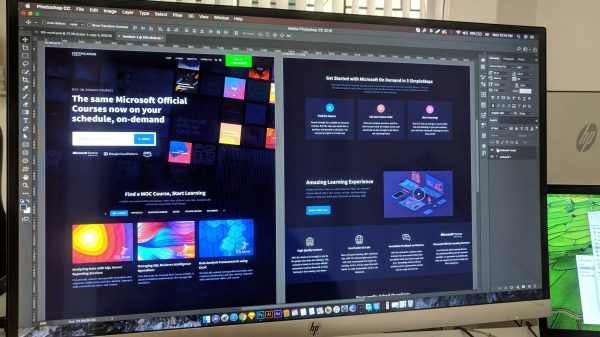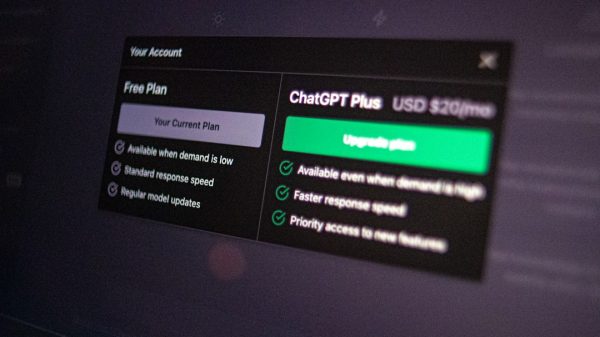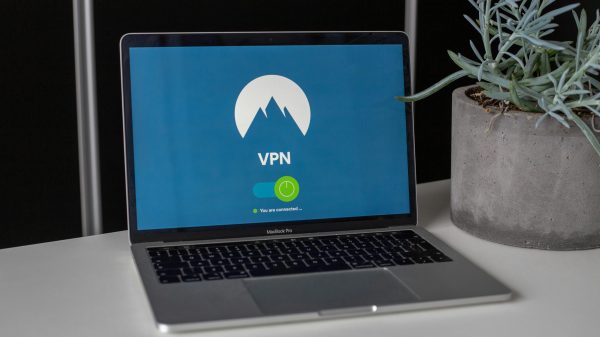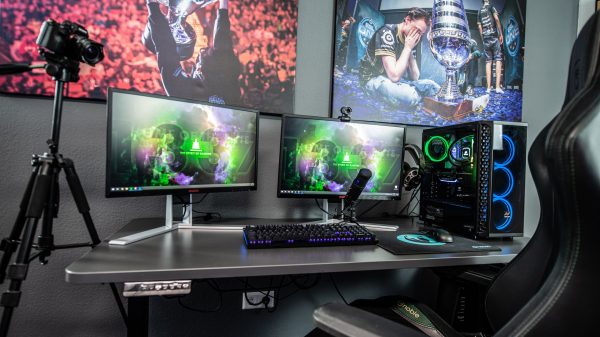Imagine this: You’re sipping your morning coffee and logging into your work computer. But wait — is your boss watching you? Not physically, of course. But maybe electronically. Welcome to the world of electronic employee monitoring in 2025!
This topic might sound a little spooky. But don’t worry — it’s not all bad. Employers have tools now to better understand productivity and security. At the same time, workers still have rights. Let’s break it all down in a fun, simple way.
What Is Electronic Employee Monitoring?
Electronic monitoring is when companies use digital tools to watch what employees do during work hours. Sounds intense? Sometimes it is. Sometimes it’s also helpful.
Here are a few common ways employers monitor workers:
- Computer activity tracking — what websites or apps are used
- Keystroke logging — every key typed is recorded
- Video monitoring — cameras for in-office work or video meetings
- GPS tracking — used for delivery drivers or remote workers
- Email and chat monitoring — reading company communications
This sounds like a lot, right? So why is this even a thing?
Why Do Employers Monitor Employees?
There are a few smart (and legal) reasons companies use digital monitoring. In fact, here are the top ones:
- Productivity — Are employees working or watching cat videos?
- Security — Preventing data leaks or nasty cyberattacks
- Compliance — Making sure workers follow laws and regulations
- Performance metrics — Seeing who’s doing great and who needs help
- Remote work accountability — Virtual teams = new monitoring needs
Today’s workplace is digital. Tools like Slack, Zoom, and AI assistants are everywhere. Employers want to be sure everyone is staying on track. But they have to be careful, too.
Is It Legal to Monitor Workers?
Mostly, yes — but with rules. In the U.S., employers generally have wide freedom to monitor company-owned devices. But that doesn’t mean they can do whatever they want.
Here’s a quick look at what’s legal in 2025:
- Notice is key. Most states require that workers are told about monitoring.
- Consent matters. Some tools need worker consent, especially in California and Connecticut.
- Only on work devices. Spying on personal devices is a big no-no.
- Reasonable use only. Employers can’t go overboard, even with technology.
At the federal level, there’s no single privacy law for monitoring. Instead, various laws apply based on what’s being tracked:
- Electronic Communications Privacy Act (ECPA) — Allows some monitoring but bans listening to private calls.
- Video Surveillance — Okay in public spaces; not okay in bathrooms or break rooms.
- GPS Tracking — Usually legal if it’s a company vehicle or phone.
In 2025, more states are passing privacy laws. Illinois, New York, and California are leading the charge. So always check state laws!
Ethical Issues: Watching vs Trusting
Just because you can do something doesn’t mean you should.
Ethics come into play when thinking about how monitoring affects workers. Here are a few big questions:
- Does constant tracking stress people out?
- Does it reduce trust between managers and teams?
- Is it fair to track short breaks or coffee refills?
Modern companies are asking these questions. The trend in 2025? Balancing tech and trust.
Many HR leaders now say: monitor outcomes, not minutes. It’s more fair, less creepy, and built on respect.
Best Practices for Employers
Okay, you’re the boss. You want to keep your team accountable, but also happy and respected. Great! Here are some winning strategies:
- Be transparent. Always tell employees what’s being tracked and why.
- Get feedback. Ask your team how they feel about monitoring.
- Use tools wisely. Don’t just track everything — measure what matters.
- Avoid micromanaging. Employees hate being watched every second.
- Follow the law. This one’s easy — do your legal homework.
Some employers even offer opt-in tracking. That means employees choose what to share. Others anonymize data to look at team trends instead of individuals.
Smart and fair. Everyone wins.

What if I’m an Employee?
Hey, workers — we didn’t forget about you!
If your employer is monitoring you, remember these golden tips:
- Read the policy. Know what’s being tracked and when.
- Don’t use work devices for personal stuff. Save Netflix for your own laptop.
- Ask questions. It’s your right to understand the process.
- Report concerns. If it feels off, talk to HR or a supervisor.
You still have rights. In many states, employers need your consent, especially for audio or video monitoring. And federal laws protect your personal information outside of work duties.
The Future of Monitoring: AI, Automation & the Unknown
In 2025, new tech tools are everywhere. AI can analyze productivity. Some systems even claim they can “rate” happiness through facial expressions (um, creepy?).
This is exciting but also risky.
- AI can help spot burnout — but also misjudge emotions
- Automation saves time — but may hurt privacy if overused
- Wearables track health — but are super personal
Privacy watchdog groups are keeping an eye on this. Employees should too. Employers must think twice before going full 1984-mode.
Wrapping It Up: Monitoring with Meaning
Let’s face it: monitoring is probably here to stay. But that doesn’t have to be bad news.
When done fairly, transparently, and respectfully, digital monitoring can protect businesses and support teams. It’s all about finding the sweet spot.
Remember:
- Inform your team
- Stay legal
- Protect privacy
- Build trust
Whether you’re the boss or the worker, one thing’s true: we all want to feel respected. And no one wants to feel like they’re being watched every second.
So let’s use technology with heart. Because in the end, people matter most.

































